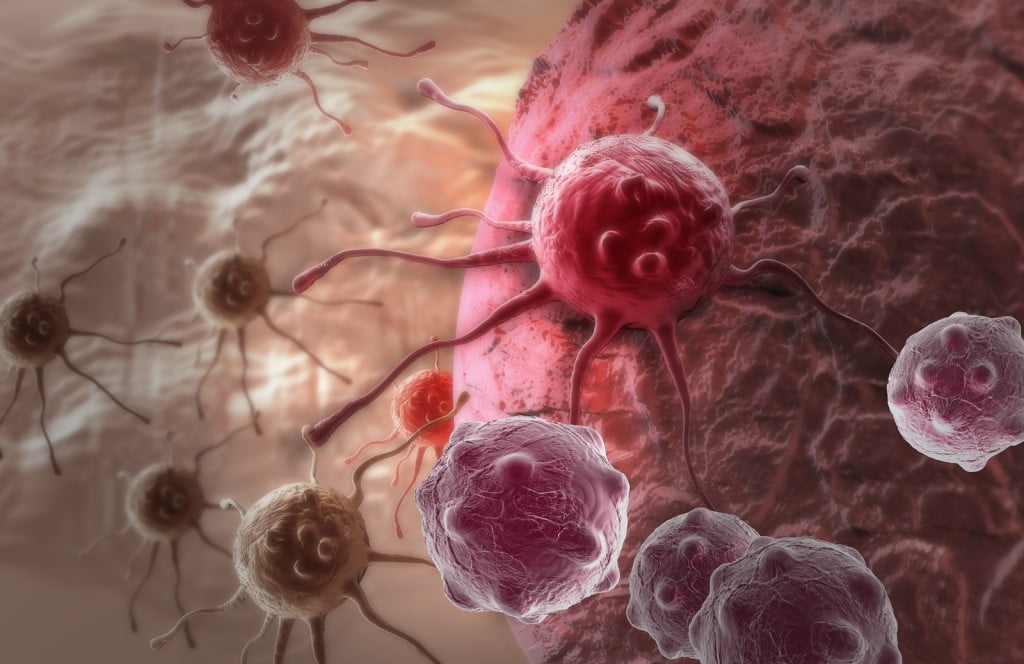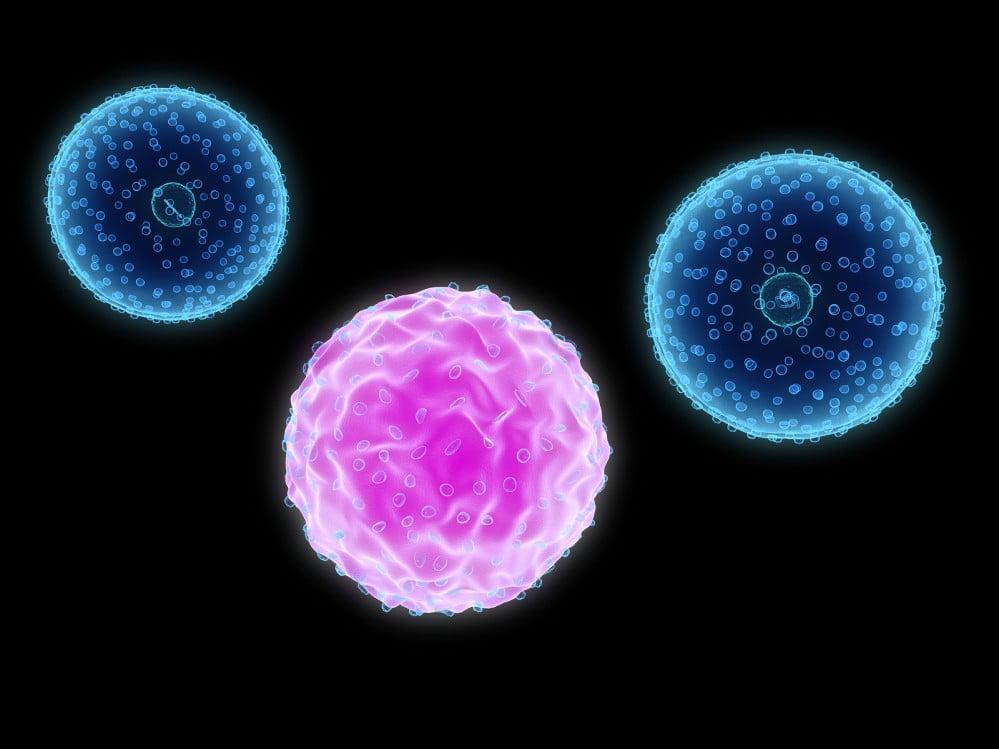Humans need to communicate with each other in order to get things done – at work and at home. But so do the cells inside our bodies, which transmit messages from their outer walls to their inner nucleus. These messages prompt them to take immediate action. Now, it turns out that if cancerous cells don’t receive certain messages, the spread of cancer throughout the body can be halted. How? Israeli researchers have come up with a method of shutting off the overflow of information that creates cancerous mutations.
The average living cell must transmit a constant stream of messages quickly and efficiently from its outer walls to the inner nucleus, where most of the day-to-day “decisions” are made. But this rapid, long-distance communication system leaves itself open to mutations that can give rise to a “spam attack” that promotes cancer. Weizmann Institute scientists have identified a potential drug molecule that stops only cancerous cells (not healthy ones) from getting their “mail.”
SEE ALSO: Israeli Researchers Create ‘Trojan Horse’ Of Chemotherapy
Weizmann Institute’s Prof. Rony Seger and his team have proposed a new method of shutting off the overflow of information before it can get to the nucleus. Their method could be used to treat a number of different cancers, especially several that develop resistance to current treatments, and it might possibly induce fewer side effects than those treatments do. These findings were recently published in the scientific journal Nature Communications.
“Spamming” the cell with “messages” leads to disastrous results
There are 15 different pathways for transferring the cell’s main internal messaging (membrane-to-nucleus communication). Seger has identified a number of the proteins involved in these pathways, especially in one particular pathway, called the MAPK/ERK cascade, which is involved in cancer. Dysregulation of this pathway shows up in 85 percent of all cancer types. Following certain mutations, the message sent to the cell becomes “spam.” It gets sent over and over, flooding the nucleus’ “inbox.” The response to this “spam attack” can be disastrous; in the case of such messages as those to grow or divide, the result may be cancerous.
SEE ALSO: New Israeli Cancer Vaccine Triggers Response In 90% Of Cancer Types
“The cancer disappeared within days and did not return”
One of the cancers that the molecule eradicated in the experiments was melanoma, an often fatal cancer with few available treatments. The drugs currently used for melanoma usually work for a while and then the cancer becomes resistant to them. Seger envisions the new molecule being added to the drug regimen in rotation with others, so that resistance cannot develop. Says Seger: “All in all, the molecule was completely effective in eliminating a dozen of the cancers the team tested, and many others showed a decline, if not complete destruction, of the cancer cells.”
Photos: Dr. Richard Lee/National Cancer Institute
Related posts

Israeli Medical Technologies That Could Change The World

Harnessing Our Own Bodies For Side Effect-Free Weight Loss

Missing Protein Could Unlock Treatment For Aggressive Lung Cancer






Facebook comments